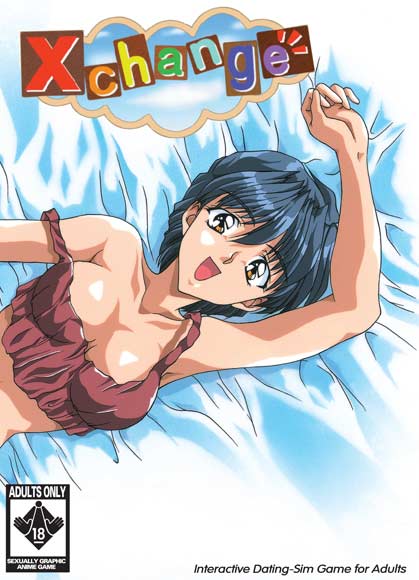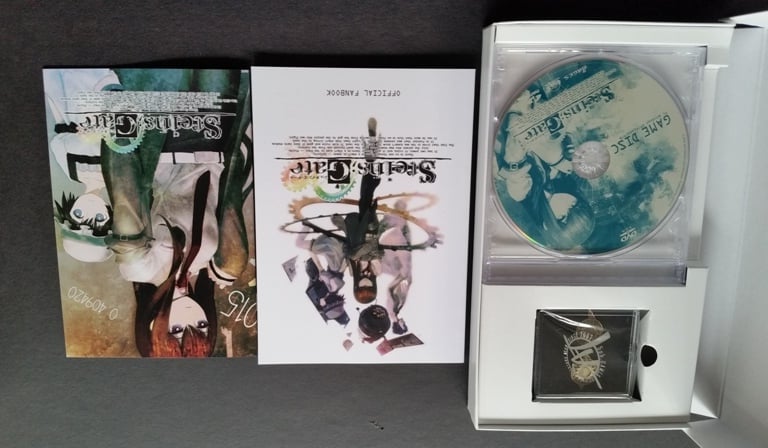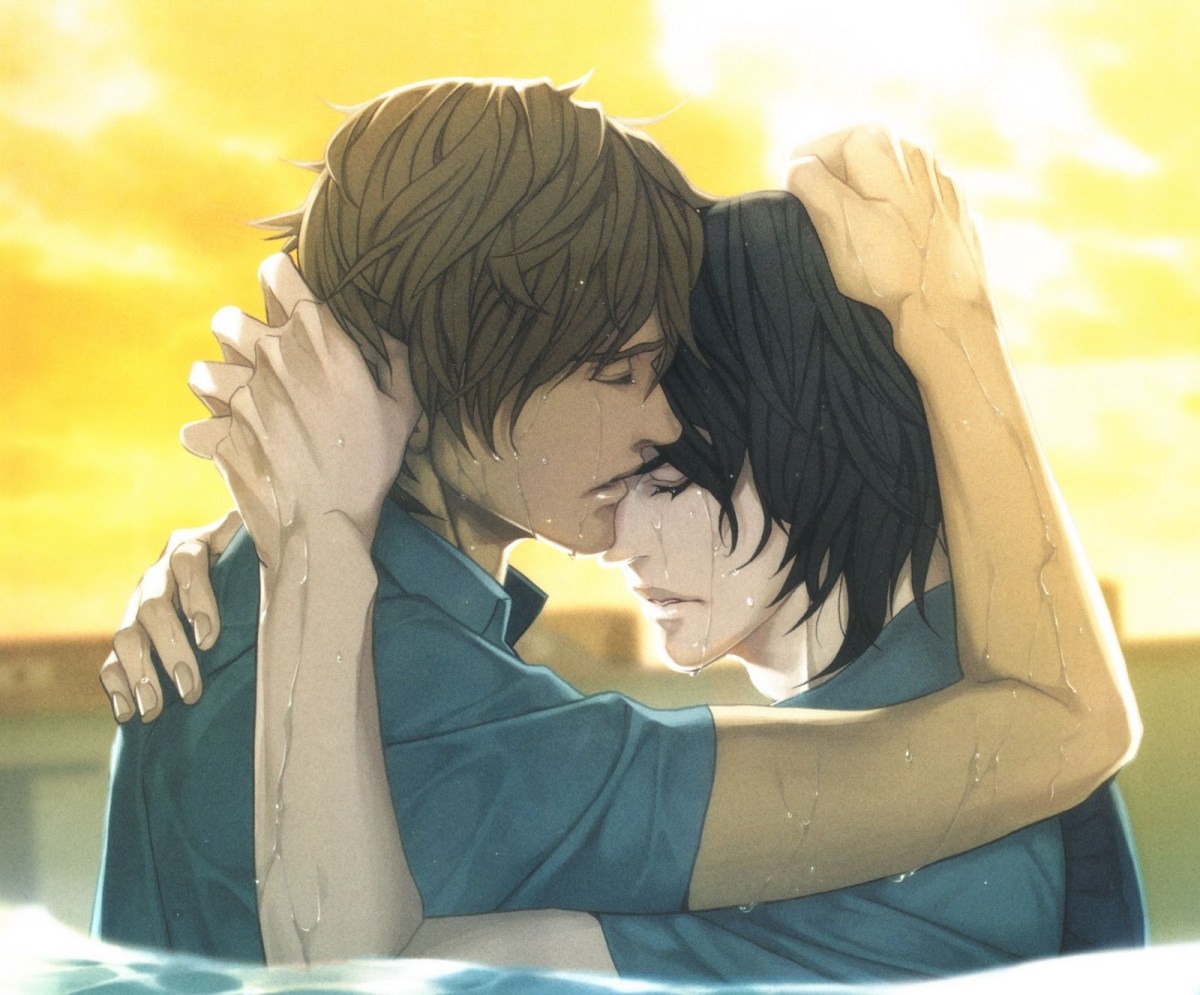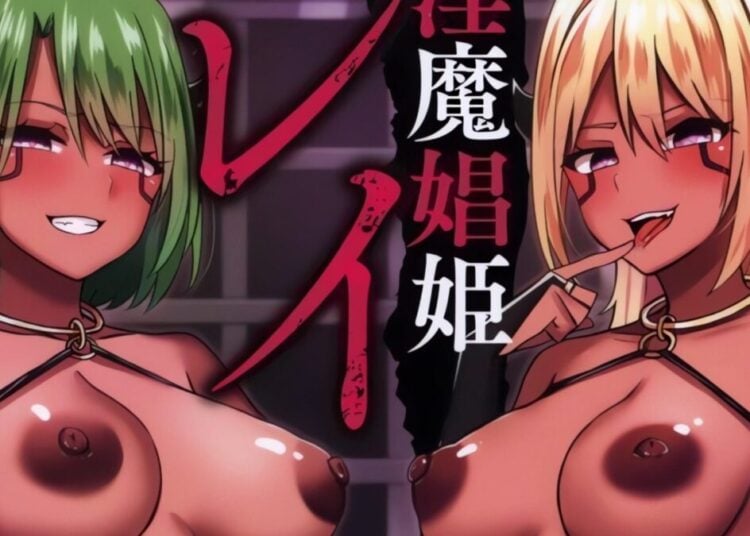How My Life as a Hentai Translator Began
Today visual novel games are popular around the world, but it wasn’t always this way. Usually, I talk about the anime industry or life in Japan issues here on the blog, but today I’ll tell you a story about how JAST USA came to be, and how my life as a hentai translator got started.
The year was 1995, and the Internet had just exploded, and I was casting around for something interesting to do in the brave new world we all found ourselves in. I got the idea to focus on those silly “gal games” (as they were called at the time), hentai visual novels in Japanese that people would pirate and play, despite being unable to read Japanese and the difficulty of getting kanji to display on Windows 95-era PCs. Fans would madly click through the story until boobies or other sexy stuff appeared, which made me wonder, if people could buy these games properly translated into English, they’d probably enjoy them a lot more. This was the beginning of JAST USA.
https://twitter.com/JListPeter/status/1125328810696630272
The first three games we published were Three Sister’s Story, a story of a revenge plot against the three daughters of the man responsible for the main character’s father’s suicide; Season of the Sakura, a school love sim that “parodied” characters from mid-90s anime (Evangelion and Rayearth) in a school love setting that was based on the final episode of Eva; and Runaway City, a game about a main character with a supernatural ability to score sexy situations.
If you want to play these titles, you’re in luck. JAST USA Classics is a fun way to play these old favorites right now in your browser, for free! It even works on phones.
These early titles were fun and allowed us to prove that the business model of licensing and publishing visual novels in English could work, and from the very beginning fans were extremely supportive, buying all the games we released to enable us to bring out the next wave of titles. But because there were no distribution companies for adult games, we had to make our own, which is one of the things our company in San Diego does.
As a side note, this was also around the time I started J-List. It was supposed to be just a small side project to “tide us over” until the game business took off. Of course, J-List would go on to become what is it today, thanks to the warm support of all of you.
As we established relationships with more eroge companies, we were able to work our way up to more famous titles. One early hit was X-Change series (1 2 3 and the Yin-Yang! X-Change Alternative spin-off), about boys who change into girls with sexy results. Many titles by Crowd, including Tokimeki Check-in!, and fantasy RPG Brave Soul — featuring art by legendary hentai artist Mogdan — were beloved hits by fans, and all are still available as inexpensive DRM-free downloads or 2-for-1 package editions.
A big break came when we started working with Nitroplus, the company known for telling some of the darkest and most compelling stories in the visual novel space, and more recently, anime. The dark and Lovecraft-heavy games we’ve published — Deus Machina Demonbane, Saya no Uta, and finally Steins;Gate — have been a joy for us to work on, and for our customers to play. Saya no Uta has just been released in a refreshed updated version with HD graphics.
Recently we opened a new chapter in visual novels by partnering with Nitroplus + Chiral to bring out their excited BL games under our new JAST Blue label, with the first game being sweet pool. Make sure you follow the dedicated Twitter to keep up with new announcements. We also started doing Chinese translations, like the recently released Eiyu*Senki patch on Steam, and a Chinese version of Saya no Uta, above.
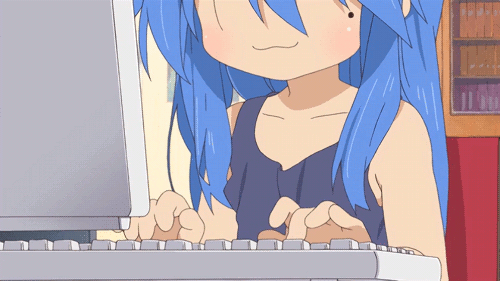
I asked our Twitter users if they had any general questions about our games, and what it was like to be a hentai translator. Here are some of them!
What’s it like to translate Japanese to English?
One thing I like about learning another language is that it makes you come to understand your own brain better. Among other things, you actually develop a separate personality in your new target language. My personality when speaking Japanese is much more humble and polite than my obnoxious English self.
When I translate Japanese, I take the line I’m working with and pass it to a subconscious “layer” that lies below my conscious brain. I wait about 1.5 seconds, and then get the English line back, almost hearing a “ding” as if I’d just microwaved a pizza. It’s the same part of my brain that “knew” that a tweet was within 140 characters or not, back before the upgrade to 280 characters.
How long does it take to translate a visual novel?
Every project is different, so there is no single answer. For most medium-sized games it takes 6-12 months, not counting editing. It’s always a big undertaking.
What kinds of challenges come up as a hentai translator?
Some words are just really hard to translate into English. One is the word 憧れる akogareru, which can mean anything from “to look up to as a role model” to “to hold as a role model” to “to yearn for sexually.” You just pick the language that seems to fit the situation.
Some other hentai translation issues involve things that are really unknown by fans. Once in a game, characters went hunting for sansai, these wild herbs that are found growing in the mountains and picked wildly, which I assume no one living outside Japan would know. Rather than explain what this unknown vegetable was, I switched it to “mushrooms.” Compared to when we started all this, Japanese culture has become really familiar to Westerners, and I’d make very few changes these days.
How much translation is a strict translation, and how much interpretive?
It can vary. Sometimes it can be a challenge, trying to match the tone of a certain character in English, for example, a cynical or snarky character. The goal of all translation should hope to be invisible, so the reader never becomes aware of it. If you read Ernest Hemingway, you can always tell when his characters are supposed to be speaking Italian or Spanish or French because the language becomes extremely generic and neutral. I think this is a good goal for a translator to aim for.
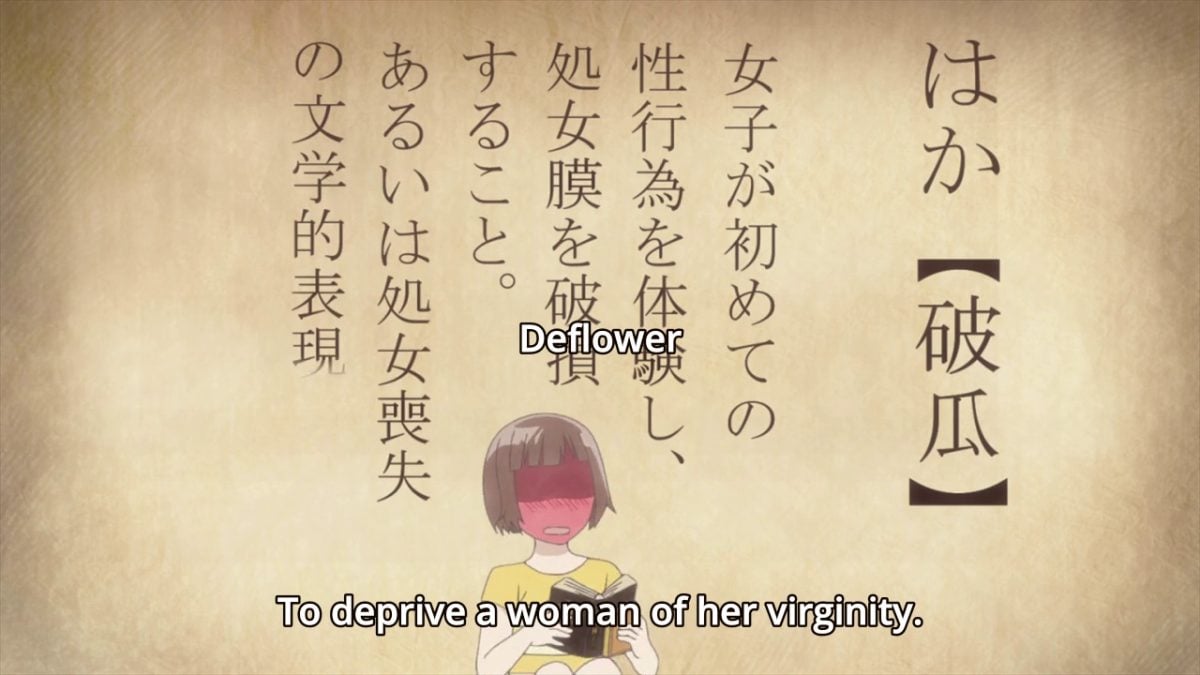
How do you approach the translation of sex scenes? Do you ever use comedic synonyms like “junk, box or muff?”
As with all other aspects of a visual novel translation, sex scenes are translated line by line, with English chosen that fits the Japanese line in tone (the same style of language, and level of informality) as well as meaning. I try to never inject color into a translation if it’s not there in the original. Since Japanese depictions of sex are almost always less colorful, using words like “thing” or “member” instead of anatomically graphic language, I usually end up just using “cock” and “pussy” almost exclusively.
Some games take a different tack, using medical words like 膣 chitsu (vagina) 陰茎 inkei (penis), and in these cases, I just try to match the feel with English words. There are also weird poetic words that show up in these games, like 破瓜 haka, meaning to deflower a woman, which are not words people would generally know.
What’s the hardest visual novel you’ve ever translated?
While I wasn’t involved with the translation directly, I’d say the most challenging game to get released was Deus Machina Demonbane, because much of the text had to reflect the Lovecraft works the game relies heavily on. Steins;Gate was also an incredible effort that left us exhausted afterward. The more modern ports of that game still use much of our translation.
What was your favorite eroge to translate? Be it for the story or dialogue.
I haven’t done that many games, maybe 8-10. I did re-translate large swaths of Kana for the Kana Okaeri remake. That’s the best frigging VN ever. During testing of the remake, I had to play through like 40 times, which was rough.
Have you ever translated English to Japanese?
I have, although it wasn’t pretty. My father, also named Peter Payne, was an engineer who built high-speed boats and hydrofoils. Twice he needed to submit patents in Japan and was thrilled to hire his Japanese-speaking son to do the translation for him. I’m pretty sure what came out on the other end was funnier than Mad Libs to the Japanese patent clerks who had to file it. In general, the rule is that you should only translate from another language into your native language.
I’ve always been curious why some words have such varied translations? Such as kuso, that gets translated from darn to fuck.
The word 糞 kuso, literally “shit,” is used as a swear word just as we use it in English, though oddly children are allowed to say it without getting in trouble. I remember in The Dagger of Kamui, one of the first manga published in English back in 1987, the word was used, and translated faithfully. But to fans of the time, it was so odd to have this word in a comic book format, we were quite suspicious of it.
How has Steam changed the world of visual novels?
As usual with the Internet, it brings both good and bad. While it’s nice to be able to sell games through the JAST USA Steam page, the hoops we have to jump through (removing adult content and adding it back with a DLC patch) are frustrating. Steams policies change like the weather, and we never know whether a game we’ve spent years translating and polishing will actually be approved for sale on the platform, which can affect what titles we choose to start work on.
The best way to support JAST USA is to buy directly from us, either via instant direct download from JAST USA or in package form through J-List. This way you always get the fully uncensored versions with no DRM or copy protection, and your money will go towards making future game titles.
What advice would you have for anyone wanting to become a hentai translator?
One of the best things to come from the Internet is the way groups of fans can come together and spontaneously form a fan-translation group dedicated to bringing the visual novels, light novels, anime and so on to a wider audience. Finding a group like this is a great way to get experience and hone your skills, either as a translator or an editor (both are needed). If a group is good, they might get approached by a publisher to work on the project, or a similar project, in an official capacity. This is a great route to follow.,
Got any other questions about what it’s like to be a hentai translator? Ask us on Twitter!



